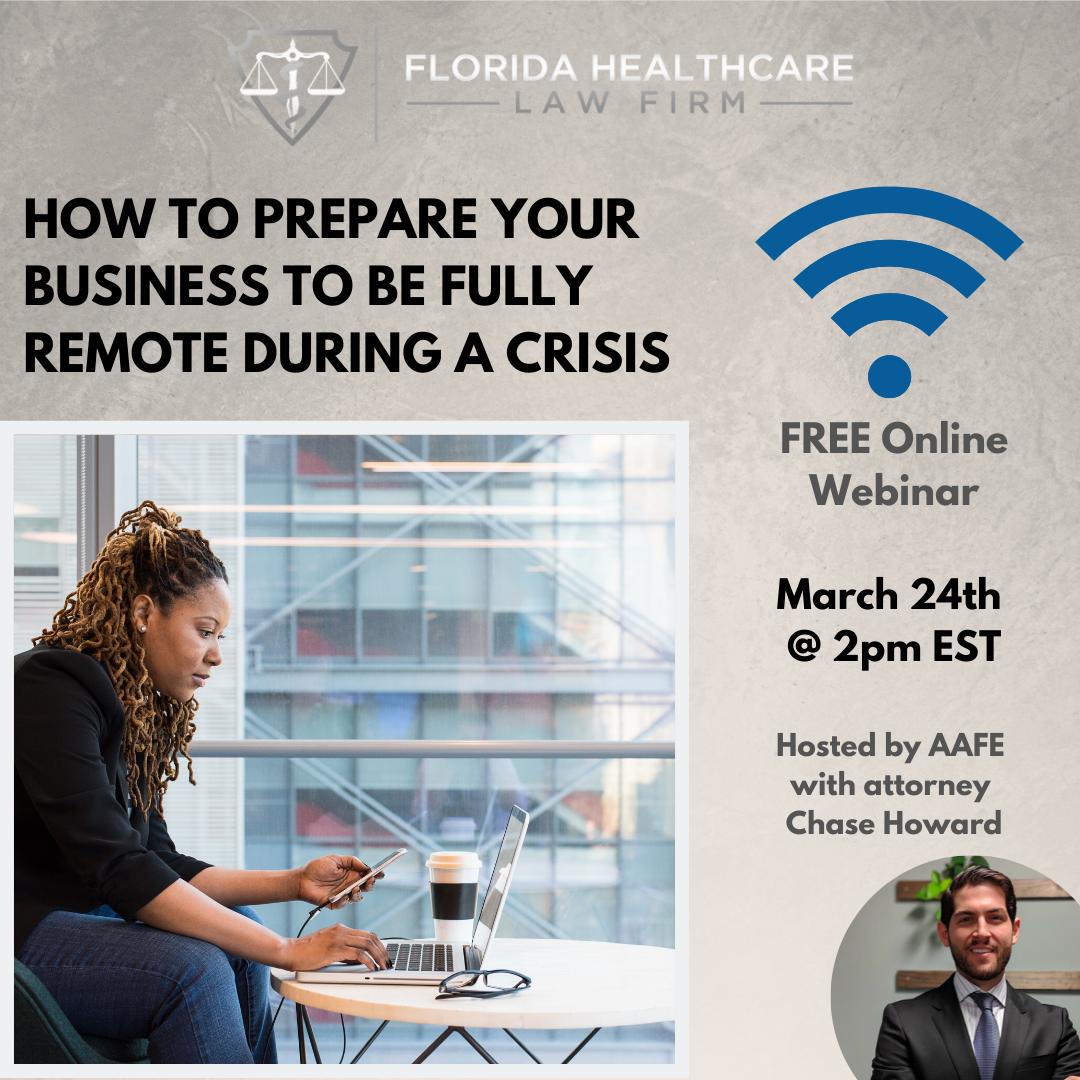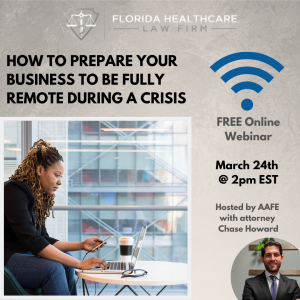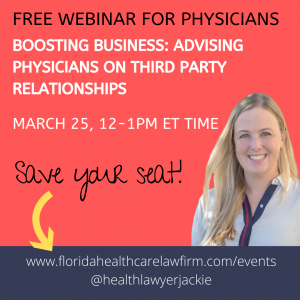 By: Jeff Cohen
By: Jeff Cohen
COVID is proving to be so burdensome on employers that we are seeing lay-offs and furloughs all over the country. As the virus curve bends back in a positive direction and physician and patient concerns for safety wane, patients will stream back to office. But what happens to the laid off (or furloughed) employees and contractors with non-competes? Will they come back or will they have moved on, possibly in a way that violates their noncompetes? And will a court think a noncompete has been violated when an employee or contractor was let go and there is no specific provision in their written contract that allows the employer to immediately let someone go without notice due to this type of situation? How will the COVID based lay-offs and furlough affect noncompetes? The short answer is we don’t yet know, but widespread lay-offs and furloughs may result in a flood of cases being filed because (1) many have been let go, (2) there likely isn’t a provision in their contract with the employer that specifically authorizes that sort of termination, and (3) a contract’s “breach” (e.g. no contract based allowance for the prompt termination) is traditionally a defense to an action to enforce a noncompete.
The COVID Issue
Though there is an exception for unusual specialties or where there is essentially a community need, noncompetition covenants are generally enforceable in Florida with respect to doctors and other healthcare professionals. Many people think doctors in particular can’t be restricted from practicing medicine under any circumstances. That is just not true.
Getting to the bone of the issue, noncompetes are enforceable in Florida if:Continue reading



 By:
By: 


 By:
By: 
 By:
By: 
 Join Florida Healthcare Law Firm Attorney Chase Howard on our
Join Florida Healthcare Law Firm Attorney Chase Howard on our 

 By
By 
 By:
By: 
 The Florida Healthcare Law Firm is hosting a free webinar for physicians on appropriate third party relationships. With shrinking
The Florida Healthcare Law Firm is hosting a free webinar for physicians on appropriate third party relationships. With shrinking 
 By:
By: